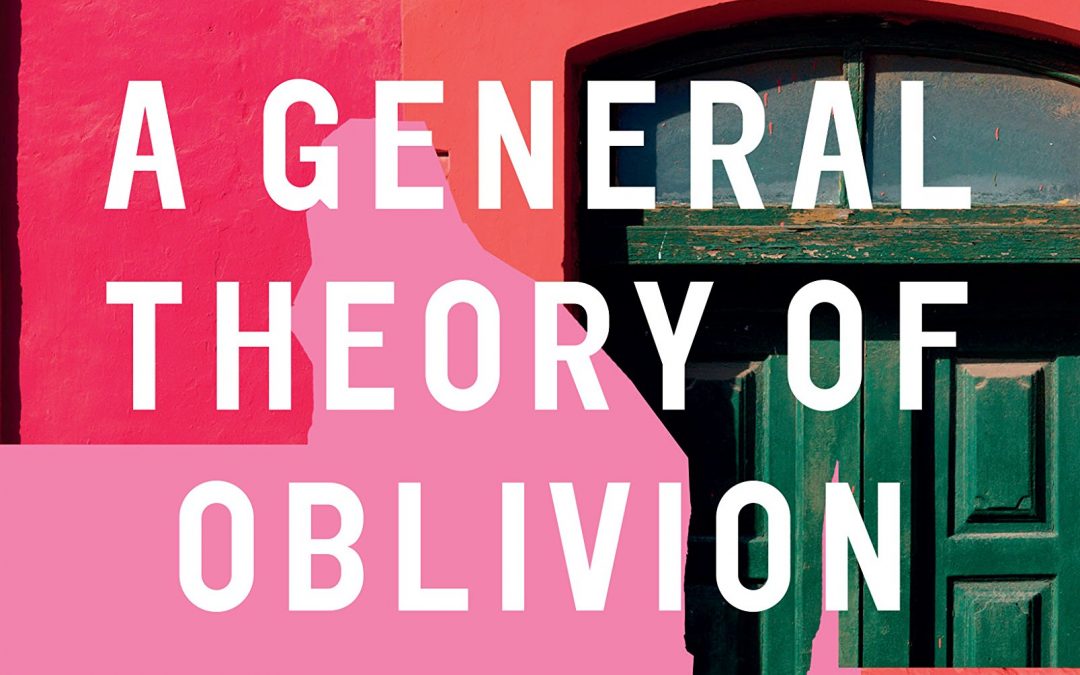Jose Eduardo Agualusa was recently awarded the 2017 Dublin International Literary Award for his novel A General Theory of Oblivion (Harvill Secker Penguin Random House 2015). This prestigious prize recognises books nominated by librarians around the world (The Promise Seed was longlisted for the award this year, along with nine other Australian novels). A General Theory of Oblivion was originally written in Portuguese before being translated into English by Daniel Hahn. Both men shared the 100 000 euro prize.
The story is told in short, disjointed chapters from multiple perspectives, but primarily concerns Ludovica Fernandes Mano, a woman who shut herself away in her apartment around the time of Angolan independence. In the midst of conflict, and with the sudden disappearance of her sister and brother-in-law, Ludo fears for her safety; she hastily constructs a bricked-up wall which isolates her from her neighbours, and proceeds to subsist in the microcosm of her flat and the roof terrace, where she grows vegetables and catches pigeons to eat. It is not until almost thirty years later, when a young street boy, Sabalu, breaches her towering walls (both physically and emotionally) that she understands the changes that have happened in the world, and in her country, since her voluntary absence. In the meantime, and this is perhaps the most poignant aspect of the narrative, she has written down her story – first in journals and notebooks, and then, as she gradually uses these and most of the furniture for fuel – as she covers the internal walls of her apartment with words. Her thoughts, poems, dreams and fears wallpaper her surroundings.
This is a tale with many threads and subplots. The hunt for diamonds, young love, a terrible rape, disappearances, the desperate lives of street kids, the world of thugs and mercenaries, military rule, investigative journalists – all are set against the backdrop of a country firstly at war, and then one attempting to recover its culture and community. While I sometimes found it difficult to keep track of who was who, the author does have a talent for gathering together the disparate threads and weaving them into a solid tale. Agualusa’s writing style is simple and quite beautiful, almost poetic. The imagery is vivid and colourful, and the sense of history and ceremony is conveyed with eloquence and grace.

